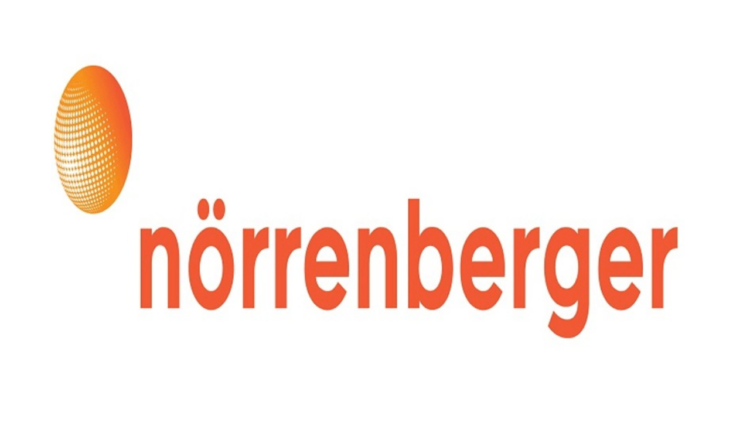Analysts at Norrenberger have warned that Nigeria, with less than five years to the 2030 deadline, would need an annual nominal growth rate of 22 per cent to achieve the federal government’s $1 trillion economy target.
According to the rebased Gross Domestic Product (GDP) data released by the National Bureau of Statistics(NBS) for the first quarter of 2025, the Nigerian economy grew by 3.13 per cent in real terms, an improvement from the 2.27 per cent growth recorded in the corresponding period of 2024.
However, analysts at Norrenberger, in their H2 2025 Economic Outlook Report, said the country needs to grow faster and maintain a stable exchange rate to meet the $1 trillion economy by 2030 target set by President Bola Ahmed Tinubu’s government.
NBS data puts the nominal GDP at N364.6 trillion for 2024, compared to the pre-rebased figure of N269.3 trillion. As of 2024, Nigeria’s rebased nominal GDP stands at approximately $237.5 billion, significantly lower than the $589.6 billion and $341.2 billion recorded in 2022 and 2023, respectively.
According to Norrenberger, the sharp decline, “despite moderate growth in naira terms, is largely attributed to the significant depreciation of the local currency.” The report noted that with just five years left to meet the 2030 target, “Nigeria’s current growth trajectory, which averages around four (real) and 15 per cent (nominal) annually, falls far short of the pace required.
“Our analysis suggests that to attain a $1 trillion economy by 2030 realistically, Nigeria would need annual nominal growth of at least 22 per cent while stabilising the exchange rate at or below N1,200 to the dollar.”
The report added that achieving the goal “will require more than just optimistic projections; it demands coordinated and transformative policy action, especially between the public and private sectors.” In this regard, Indonesia offers a compelling model. Over the past 25 years, Indonesia transitioned from a volatile emerging economy into a $1 trillion market, averaging nearly nine per cent growth annually.
“This success was underpinned by a range of targeted reforms and pragmatic policies that Nigeria could emulate, some of which include exchange rate management, massive investments in infrastructure, export diversification and industrial policy, human capital development, as well as strong institutions and anti-corruption drive.”
The rebased GDP data by the NBS reflected changes in sectoral contributions, data sources, and the inclusion of emerging economic activities. Both the oil and non-oil sectors contributed to growth in Q1 2025. The non-oil sector expanded by 3.19 per cent, outpacing the 1.87 per cent growth recorded in the oil sector. The services sector led with a 4.33 per cent expansion, driven primarily by robust activities in transportation, information and communications technology (ICT), and financial services.
Additionally, the industrial sector recorded a solid 3.42 per cent growth, supported by increased output in oil refining, construction, and electricity generation. In contrast, the agriculture sector posted the weakest performance, growing by just 0.07 per cent, largely held back by a contraction in the livestock subsector. For 2025, we project average real GDP growth of approximately 4.05 per cent. This outlook is underpinned by several positive factors, excluding the GDP rebasing exercise, which will likely uncover new growth drivers.
Increased economic activities across key sectors are expected to sustain momentum. These include the banking sector, which is undergoing recapitalisation; the agricultural industry, benefitting from favourable weather conditions; the telecommunications sector, with revenue gains from increased tariffs; and the construction sector, which is set to receive a boost from large-scale government infrastructure investments.











